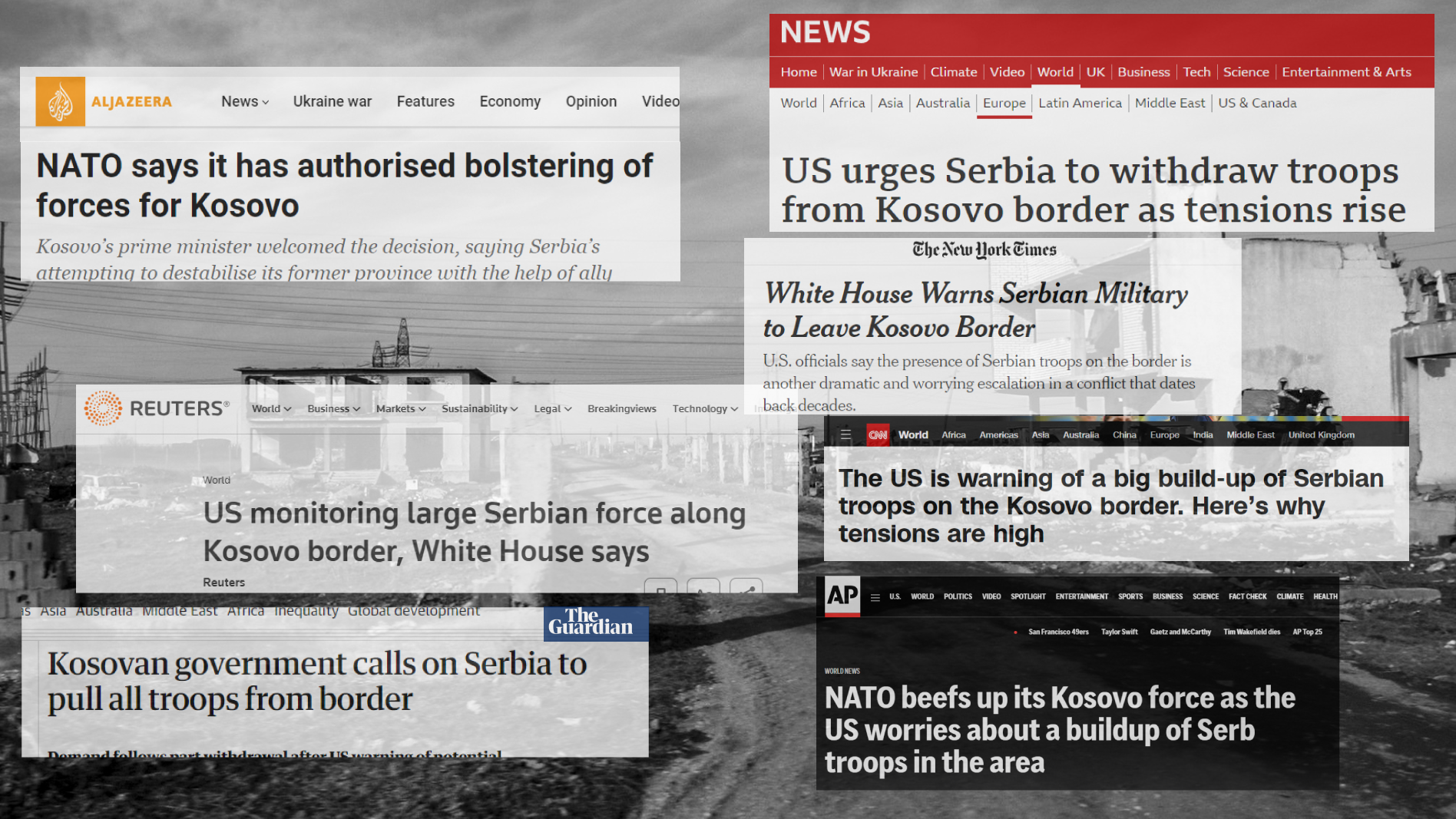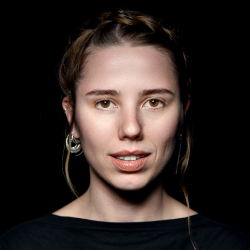
I've seen war
We had forgotten what it was like to roll over, since we left the safety of our beds and fled to the mountains in March 1999. Rolling over in bed was a before-the-war move.
A plastic cup became my salvation. In the corner of the tractor I was liberated. One war down.
I still cannot wrap my head around the fact that I don't remember how long my hair was, but I do remember being in the war. Somehow, my distant memories tell me, especially these days, that I have seen war.

Aulonë Kadriu
Aulonë Kadriu is a K2.0 senior editor. She has a bachelor’s degree in political science from the University of Prishtina and a graduate certificate in women, gender, and sexuality studies from the University of Kansas, U.S.
This story was originally written in Albanian.